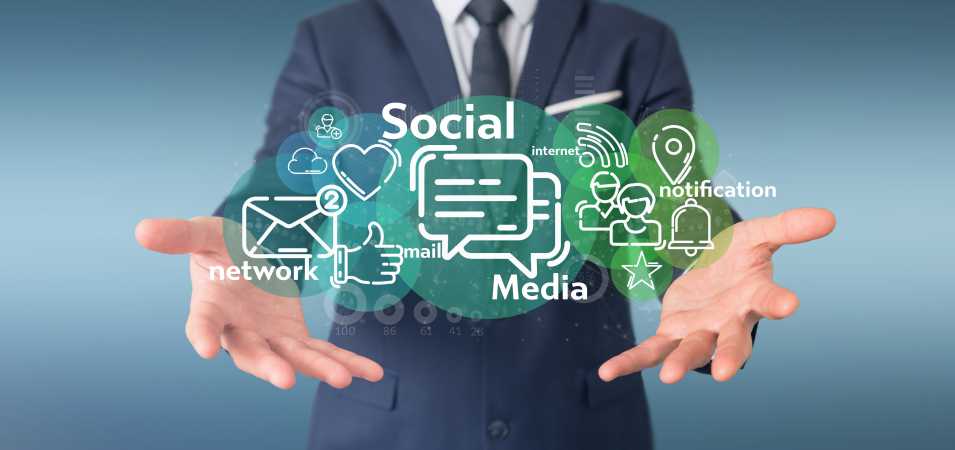How does social media affect mental health? Every aspect of modern life now reflects the use of several social media channels. We spend hours fixed to our screens, from reviewing Instagram feeds to checking our Facebook alerts. Although social media has surely transformed our interactions with one another, there is a sinister side to it that is sometimes missed.
Negative psychological effects have been connected to too heavy social media use. From aggravating emotions of loneliness and isolation to generating worry and despair, social media clearly influences our well-being. This post will look at the negative aspects of social media and how they compromise our mental health. We’ll explore the causes of these phenomena and offer ideas on how to use social media sensibly and deliberately. Thus, let’s find the reality regarding how social media affects our mental state. Using social media, how does mental health essay with you…
Many studies have connected social media to detrimental effects on mental health including sadness, anxiety, loneliness, self-harm, and even suicide thoughts. Social media’s reinforcing character can set off the reward center in the brain and cause physical diseases. Women are more susceptible to the negative consequences of social media than men, hence the earlier teenagers start using it, the more it affects their mental health.
Social networking can, however, also offer emotional support and ease family and friend correspondence. Essential is to strike a good balance between using social media and giving in-person connections top priority. According to the corpus of research, social media harms mental health—especially that of young people.
Our sleep can be seriously disrupted by social media. Blue light emitted by cell phones and other digital devices can aggravate insomnia and poor sleep quality. The starting of sleep depends on melatonin. Using social media excessively before bed triggers brain activity that causes cognitive alertness and makes it difficult to relax and fall asleep. Often driven to remain late browsing through social media feeds, fear of missing out (FOMO) can seriously affect sleep.
Polls show young folks perusing social media before bed. But the kind of social media information can also affect sleep; more interesting and exciting material has a more negative influence. Although some studies suggest a favorable link between social media use and sleep quality, most research point to the detrimental impacts of social media on sleep patterns, hence causing insomnia and higher symptoms of sadness. Limiting screen time before bed and avoiding stimulating activities is advised to help to enhance sleep quality.

How does social media affect mental health? While using social media excessively might have harmful consequences on mental health, there are strategies to lessen these effects. These coping mechanisms should assist with social media use:
- Set boundaries: Establish limits on time spent on social media and stick to them. This could mean setting a specific time limit or only checking social media at certain times of the day.
- Take breaks: Occasionally disconnecting from social media can do wonders for your mental health. Whether that’s for the entire day or just a few minutes here and there, disconnecting from social media can help.
- Practice mindfulness: Reduce the stress and anxiety that comes with using social media by practicing mindfulness techniques like meditation or deep breathing exercises.
- Seek support: Talk to friends, family, or a mental health professional about any negative feelings caused by social media.
- Reframe thinking: Reframe negative thoughts about social media and focus on the positive aspects, such as staying connected with friends and family.
Source: Social Media and Mental Health
